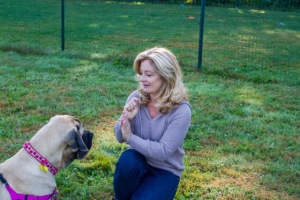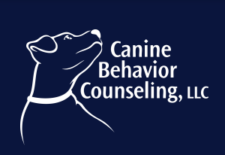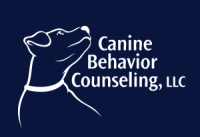Judy Moore, Providing Force Free,
Positive Reinforcement Dog Training
Dog ownership should result in a rewarding relationship between both the dog and its owner, based on trust. Too often, simple problems get in the way and keep both the dog and its owner from experiencing a joyful relationship. A scientific based approach, using current learning theory, husbandry techniques and applications of Premack Principle, Skinner, Pavlovian and the Laws of Thorndyke will work on any dog without ever making the dog worse.
Behavior modification is a systematic process that anyone can learn to implement with their own dog, providing they have the correct order of operation, good timing and something the dog is willing to work for. Having a positive relationship with your dog is essential to your success. Example: Imagine yourself holding your dog down and making him submit to you, then later that day, calling your dog to you. You would likely see him hesitate, look the other way, close his mouth, sniff the ground, cower, crawl or submissive pee to ward off the previous attack. The trust he had in you is now compromised and emotional changes will follow. These may be seen in his responses toward you and possibly other family members.

Because of wonderful scientists such as Mark Beckoff, Ray Coppinger, Simon Gadbous, Sam Gosling, James Serpell, Clive Wynne, Julie Hecht, and Kathryn Lord, just to name a few, modern dog training methods have advanced to enable scientifically proven, force free, positive rewards-based environments for dogs and their owners. Positive Reinforcement methods, specifically, rewarding the dog for the desired behavior, will encourage your dog to want to repeat the behavior as it is rewarding. Your dog will choose to be with you rather than avoid you. This creates a more balanced, joyful and rewarding relationship between both dog and owner.
A Force Free, Positive Approach
Our approach to dog training is based on having a positive experience for both dog and owner. Positive reinforcement is the key: rewarding the dog for desired behavior creates a strong bond and trust between the dog and its owner. Dogs do best with a calm, fair, confident handler, specifically, one who can teach them the rules without using intimidation.
Training techniques include using both primary and secondary reinforcers which means you will learn to use food and non-food rewards to get desired behaviors. Bridge markers such as a clicker are highly recommend but not insisted upon. Puppy Socialization classes teach social skills, a soft mouth, emotional control greetings, and other basic behaviors.
As a Dog Behavior Consultant and temperament assessor, I can identify a potential toy guarder, territorial behavior, or reactive puppy early on and set you up for a lifetime of avoiding unwanted behaviors. I specialize in helping dogs that are anxious, fearful, aggressive, overly aroused, or simply untrained. These problems are more effectively addressed at an early age, but can be counter conditioned as an adult dog.
Dog ownership should be fun and non stressful. If you are stressed, however, my opinion is that your dog is stressed too. Let’s get together and consider your dog’s needs so we can work toward a happier and more thoughtful dog.
Contact Judy Moore so that she can help you and your dog achieve the balance and joy you both deserve!

